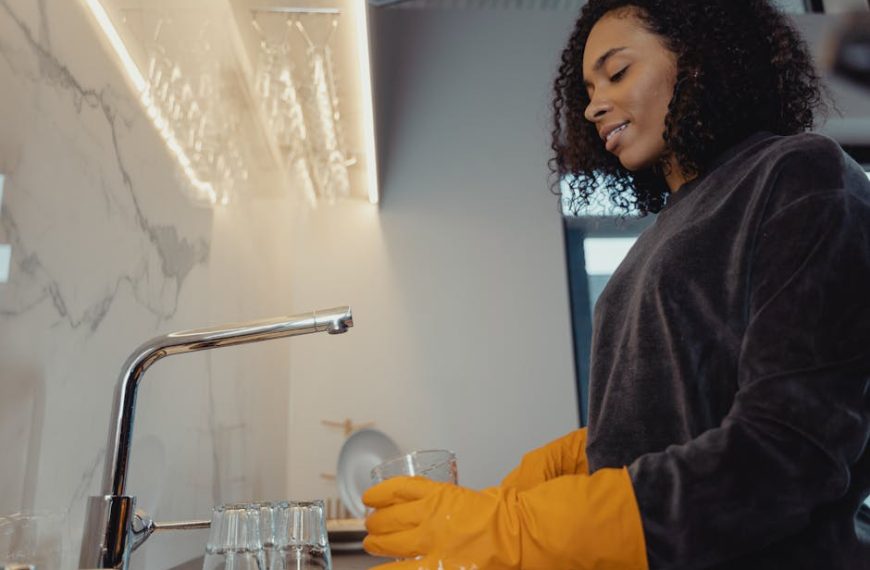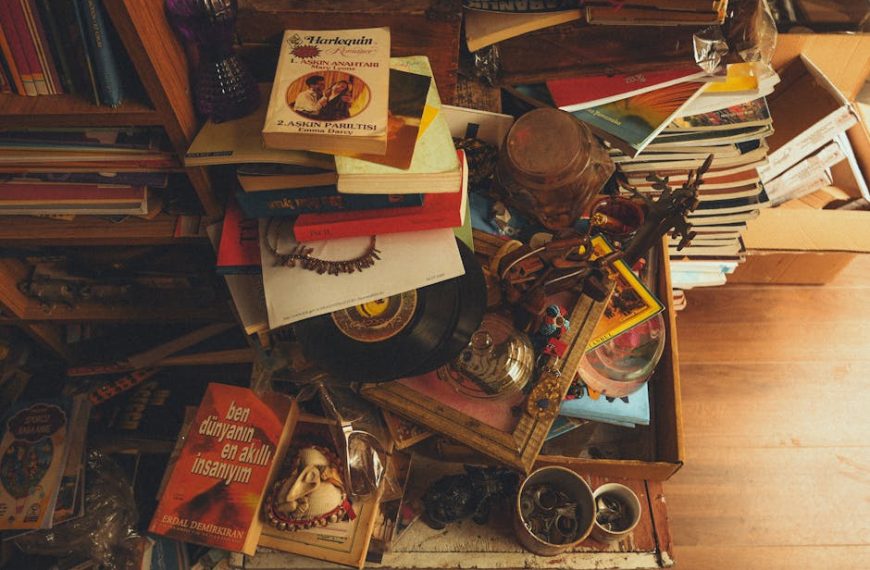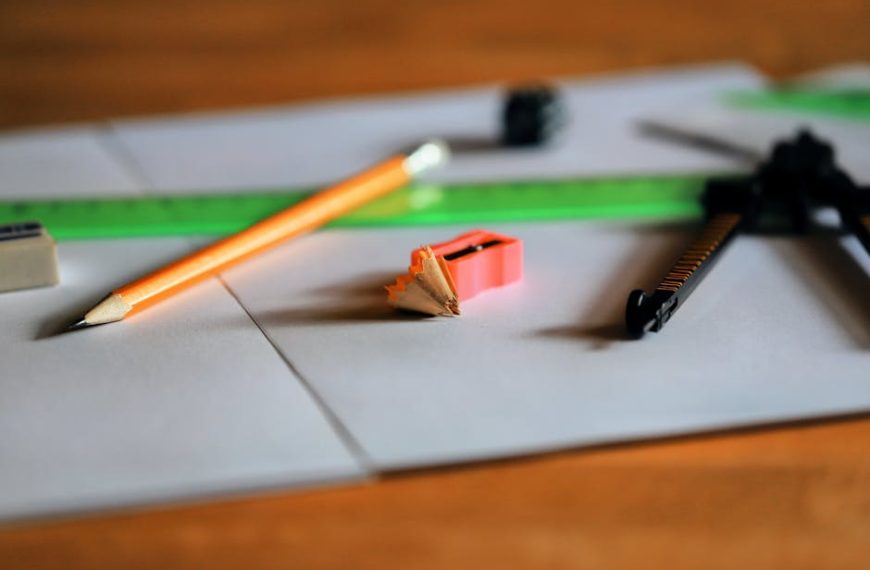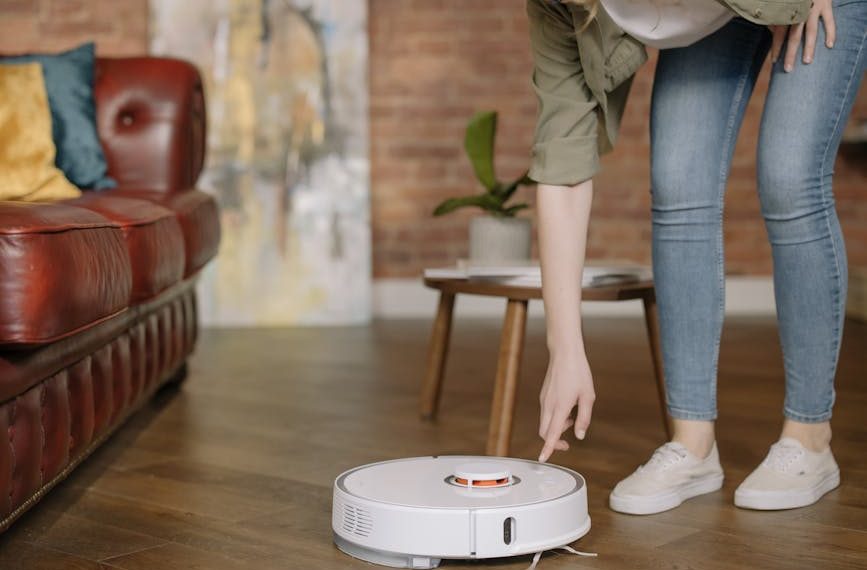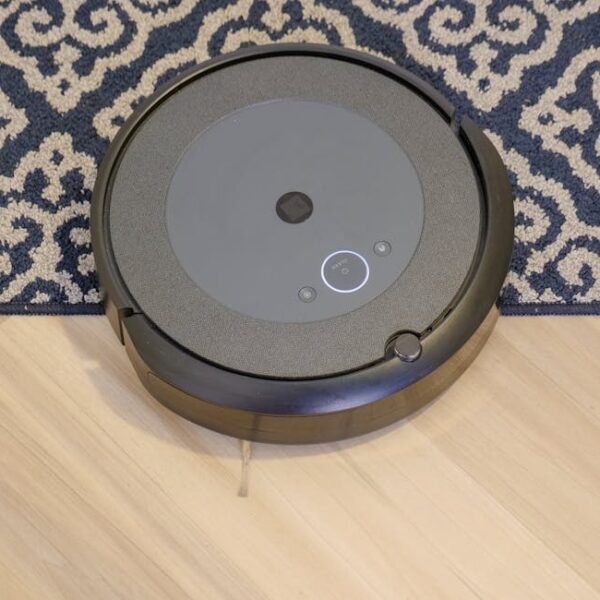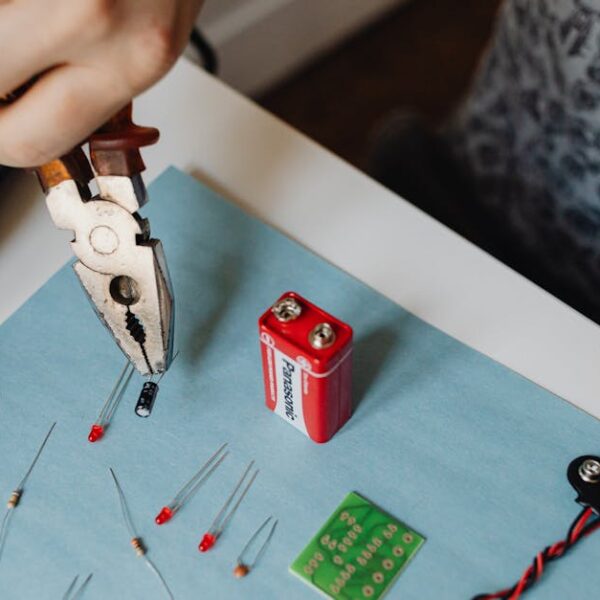Descaling your hot water dispenser is an important maintenance task that extends the life of your appliance and ensures it functions efficiently. Not only does it improve the taste of your hot water, making your tea, coffee, or hot cocoa taste fresher but it also reduces the amount of energy the dispenser uses which can save you money on your energy bills in the long run.
Understanding the Importance of Descaling a Hot Water Dispenser
A hot water dispenser is a convenient appliance in many households and offices. Because of regular use, your dispenser can develop scale deposits from the minerals in the water. If left unchecked, this can affect the taste of your hot drinks, decrease the efficiency of the unit and shorten its lifespan. Besides these daily inconveniences, there might also be a negative impact on your energy bills, due to a decrease in the dispenser’s energy efficiency. Time and effort are surely needed for the descaling process, but ultimately the pros outweigh the cons.
Signs Your Hot Water Dispenser Needs Descaling
Descaling should be part of your regular appliance maintenance routine. However, in case it’s not, various signs can indicate that your hot water dispenser needs a good descaling:
- The water flow has become slow or inconsistent.
- There’s an unusual or metallic taste in the hot water.
- You can see visible scale deposits or mineral buildup.
Keeping an eye out for these signs will ensure that your appliance lasts as long as possible and continues to work at its best.
Gathering Necessary Descaling Supplies
Ready to tackle the descaling task? Let’s run through all the necessary items you’ll need for the process.
- White vinegar: This acts as a natural descaling agent.
- A large bowl: For mixing the vinegar and water solution and catching any excess liquid during the process.
- Clean water: For mixing the vinegar solution and rinsening the appliance after descaling.
- Protective gloves: To keep your hands safe from potential spills.
- A clean cloth and scrubbing brush: To help remove the scale deposits effectively.
With these supplies at hand, you’re all set to give your dispenser a thorough cleaning!
Step-by-step Guide to Descaling a Hot Water Dispenser
Start by making sure your hot water dispenser is unplugged and cooled down. Don’t forget to empty out any remaining water before beginning the descaling process. Your safety should be a priority in this process, so remember to wear protective gloves. Mix equal parts of vinegar and water in your large bowl to create your descaling solution, and let it sit within your dispenser for about 30-60 minutes, depending on the severity of the scale build-up. After soaking, scrub away any remaining deposits, rinse thoroughly to ensure no vinegar taste lingers and dry before reuse.
Maintaining Your Hot Water Dispenser Post-Descaling
After you’ve successfully descaled your hot water dispenser, some simple practices can help maintain its cleanliness and efficiency. Clean your dispenser at least once a month and only use filtered or bottled water if your tap water has high mineral content. Regularly check and, if needed, replace your dispenser’s filter; this not only keeps your water tasting great but prolongs the life of the appliance as well.
Expanding on the Importance of Descaling a Hot Water Dispenser
Descaling has numerous benefits beyond just improving the taste of your water. Firstly, it significantly enhances the lifespan of your unit. Just as humans need routine medical checkups, your hot water dispenser needs regular cleaning to perform optimally. Secondly, regular descaling will improve the efficiency of your unit. Over time, limescale buildup can obstruct the dispenser’s water flow, making it work harder and subsequently consume more energy which also results in higher electricity costs. Although descaling might seem like a tedious chore, consider the following:
⦁ You save money by prolonging the lifespan of the unit, reducing the need for costly repairs or premature replacement.
⦁ It promotes efficient operation, indirectly saving you on your energy bills.
⦁ Last, but not least, it improves the taste of your hot beverages.
Comprehensive Checklist of Signs That Your Hot Water Dispenser Needs Descaling
Your hot water dispenser might need descaling if you notice any of the following:
- Slow water flow: Decaling reverses any blockages due to limescale deposits
- Unusual noises: When calcium deposits accumulate in the heating element, they can cause an array of noises.
- Metallic or off taste: Limescale buildup can lead to weird or metal-like taste in your hot water.
- Visible limescale deposit: If you see white, chalky deposits in or around your unit, it’s time to descale!
Detailed List of Necessary Supplies for Descaling Your Hot Water Dispenser
Before you start, ensure you have all these supplies:
- At least 500ml of white vinegar
- Large bowl or basin to collect the liquid during the cleaning process.
- Abundance of clean water for rinsing the unit after descaling.
- Protective gloves to keep your hands safe, especially if you have sensitive skin.
- Clean cloth and scrubbing brush: These are essential for removing stubborn scale deposits effectively.
Step-by-step Guide to Descaling a Hot Water Dispenser
Here is a step-by-step guide to help you through the process of descaling your hot water dispenser safely and efficiently:
- Disconnect your dispenser from the power source.
- Empty out any remaining water in the unit.
- Wear your protective gloves.
- Mix equal parts of vinegar and water in your large bowl.
- Allow this solution to sit in your dispenser for about 30-60 minutes.
- Scrub away the residues with a cloth or brush.
- Rinse thoroughly to ensure no vinegar taste remains.
- Dry the internal and external parts of the unit before reconnecting it to the power source.
Best Practices for Maintaining Your Hot Water Dispenser Post-Descaling
To maintain your hot water dispenser after descaling, follow these tips:
- Regularly Clean Your Dispenser: Cleaning at least once a month will ensure your dispenser is always in top shape.
- Use the Right Water: If your tap water has high mineral content, consider using filtered or bottled water
- Remember to Replace the Filter: The dispenser’s filter plays a crucial role in maintaining the taste of the water and prolonging the life of the unit.
With this guide, you can now confidently clean your hot water dispenser and make sure it serves you delicious, clean hot water for years to come.
Key Takeaway:
- Descaling a hot water dispenser is essential to its performance, taste of the dispensed water, and the lifespan of the unit.
- Watch out for signs like slow water flow, strange tastes, and visible scale deposits indicating the need for descaling.
- Descaling supplies typically include vinegar, water, a large bowl, gloves, a cloth, and a scrubbing brush.
- The process demands careful attention, starting from unplugging the unit, allowing the vinegar-water solution to sit, scrubbing and extensive rinsing.
- Post-descaling care includes regular cleaning, using the right water and timely filter replacement.
In conclusion, while descaling may require time and effort, properly maintaining your hot water dispenser has numerous long-term benefits, from tastier beverage options, increased energy efficiency to extended unit life. Remember, the taste of your morning tea or coffee might as well depend on how regularly you clean your dispenser. Now, with this guide, you’re well-equipped to do so!
Can Regular Maintenance of a Hot Water Dispenser Help Save Costs When Running a Tumble Dryer?
Regular maintenance of a hot water dispenser can significantly impact household efficiency. By ensuring optimal performance, you reduce waste and enhance energy efficiency. This can play a crucial role in lowering overall expenses, including tumble dryer costs, as efficient appliances work better together, minimizing energy consumption and operational expenses.
FAQs
Q: How often should you descale a hot water dispenser?
A: The frequency depends on how often you use the dispenser and the hardness of your water. But as a general rule of thumb, aim for once a month.
Q: Can I use a different type of vinegar instead of white vinegar?
A: While white vinegar is most recommended due to its high acidity and clear color, apple cider vinegar can be used as an alternative, though it might leave a slight color or taste behind.
Q: Is it safe to use a chemical descaler?
A: While several retail descalers are available, natural alternatives like vinegar are safer and just as effective. If you choose to use a chemical descaler, ensure it’s specifically for a hot water dispenser and read all usage instructions.
Q: What could happen if I don’t descale my hot water dispenser?
A: Failing to descale can result in a metallic taste in the water, reduced efficiency of the dispenser, rising energy bills, and a shorter lifespan for the unit.
Q: If I use bottled water, do I still need to descale my hot water dispenser?
A: Yes. Bottled water may contain fewer minerals, but over time, scale can still build up, requiring the unit to be descaled.
Thank you for reading! Remember, a clean hot water dispenser is a happy one. Feel free to share this guide with others who might find it helpful, and explore more posts on our site.

